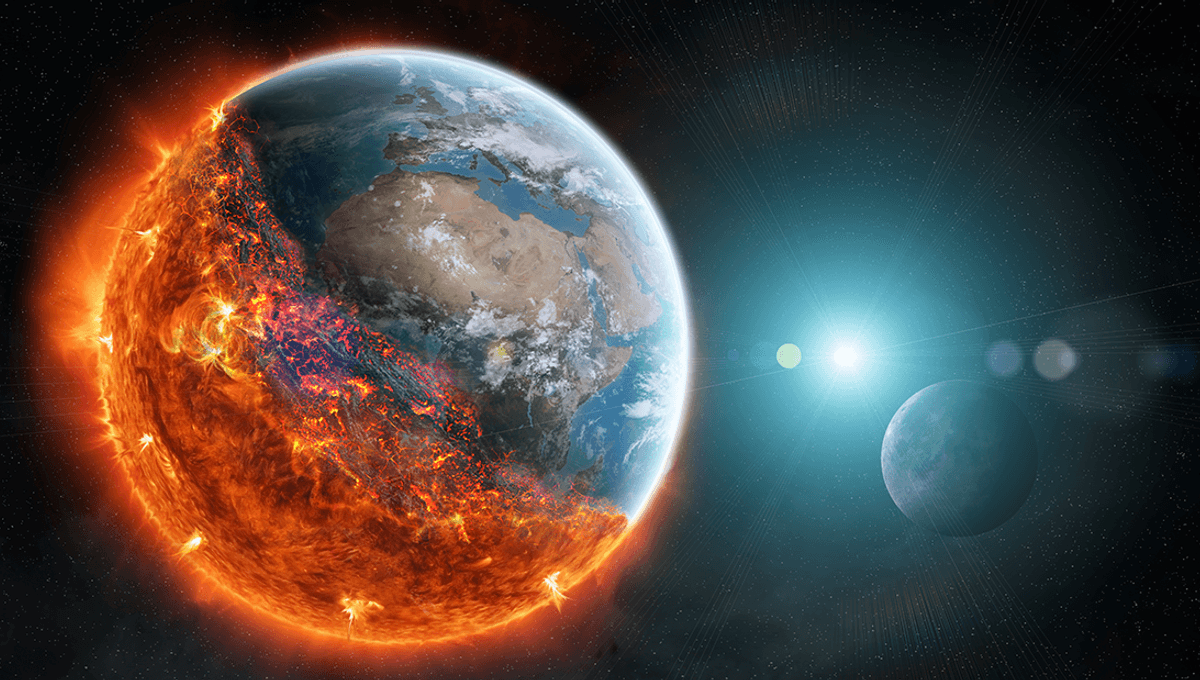
There are few things more difficult than studying the end of the world, and how humanity would react before it. If you try when the world isn’t ending, then you probably won’t get an accurate impression, given that the world isn’t really ending. If you try while the world is actually ending, people won’t be that interested in the results given their “other concerns” at the time. When an asteroid is about to dinosaur the humans, it’s probably going to be difficult to get people to check out your preprint.
One team, attempting to find another way to study humans during the end times, tried to get around these problems using a computer game analogue. The team used the open world, massively multiplayer online role-playing (MMORPG) game ArcheAge for their experiment. In the study, which took place during a beta test, players were left to play as normal, completing quests, exploring, leveling up, and hoarding equipment as they wished. However, at the end of the 11 weeks players knew that the server would be deleted and all their progress and characters lost.
“And thus,” the team wrote in their non-peer reviewed preprint paper, “the outcome (or penalty) of players’ in-game behaviors in the last few days loses its meaning.”
The team believed that the deletion of the world provided a good proxy for the end of the real world, giving players no consequences to their actions. They believed it would help them answer age-old questions of whether humans would abandon moral ideals as the apocalypse looms.
The team analyzed over 270 million records of player behaviors in the game, such as leveling-up data and quest logs, to see if behavior of the players changed when they knew the “world” was ending. The game was surprisingly peaceful, bar a few outliers who chose to go on killing sprees.
“Our findings show that there are no apparent pandemic behavior changes, but some outliers were more likely to exhibit anti-social behavior (e.g., player killing),” the team wrote. “We also found that contrary to the reassuring adage that ‘even if I knew the world would go to pieces tomorrow, I would still plant my apple tree,’ players abandoned character progression, showing a drastic decrease in quest completion, leveling, and ability changes at the end of the beta test.”
Essentially, when the world is ending you probably won’t spend much time on self-improvement (e.g. jogging). The team write that the people who stayed to the end of the game tended to be the most peaceful, perhaps having the most loyalty to the game. Meanwhile people who left the game earlier of their own volition, who the team called “churners”, tended to exhibit the most antisocial behavior such as killing other players, as they lost “their sense of responsibility and attachment to the game”.
Overall, though the team stress the study is of course limited by the fact that it took place in a video game, the end of this world was fairly peaceful, and at times even positive, with an emergence of pro-social behavior towards the end.
“Our findings that the sentiment of social grouping specific chat channels trend towards ‘happier’ as the end times approach is a first indication of this pro-social behavior: existing social relationships are likely being strengthened,” the team concluded. “Further, we saw that players that stayed until the end of the world exhibited peaks in the number of small temporary groupings: new social relationships are being formed.”
The study is published in the Proceedings of the 26th International Conference on World Wide Web Companion, and a preprint version – which is not peer reviewed – can be accessed via arXiv.
Source Link: Video Game Study Shows What People Do When The World Ends